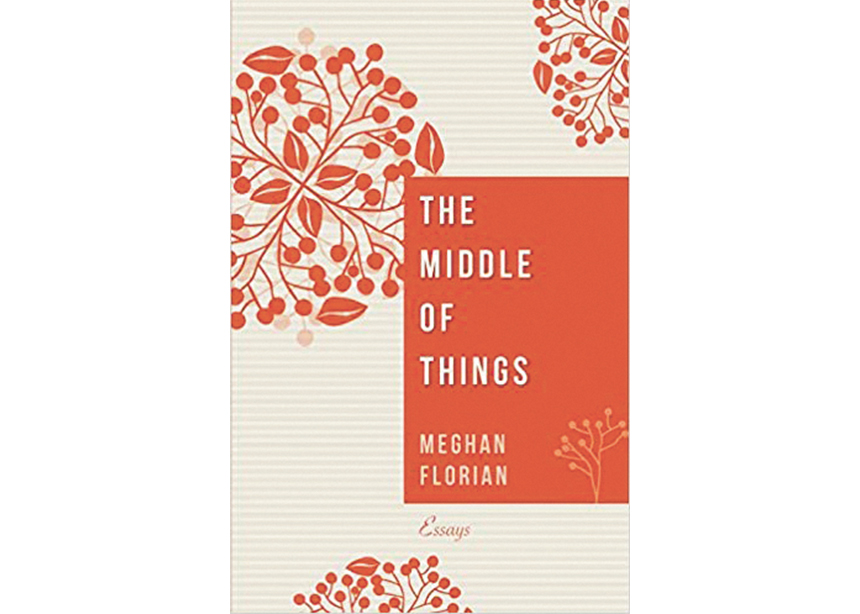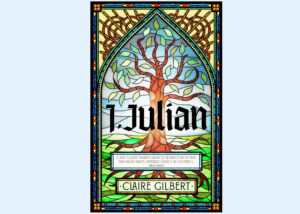Meghan Florian’s name surfaced in the small circle of Mennonite pastors and friends I know in the United States. Because this is how I found this book, I assumed it would be a “churchy” (or religious, or theological, or spiritual) collection of essays. What I found was a case for better writing in the church.
The Middle of Things is Florian’s first published collection of essays that are short autobiographical reflections, save for the more substantive opening chapter. She guides the reader through the joys of intellectual discovery, the challenges of gender in the academy, the realities of dating and singleness in a culture that still rewards the “traditional” family, and the maturing awareness of how desire and love shape a life. Florian offers these reflections through the prism of dense philosophical texts, the ethos of Ikea and an extended meditation on hair.
What is most impressive is the manner in which faith is neither explicitly centred nor discarded, but simply surfaces “in the middle of things.” Had I not known Florian’s connection to a Mennonite congregation, I would not necessarily have thought of her writing in relation to the church, but now I can’t see it otherwise.
Her work is a gift to the church because it does not readily fit the scripts of the church. Singleness seems to remain a “dark continent” for Mennonite reflection, never mind paying attention to the various desires our culture demands in how we present our bodies and interact with other bodies.
Perhaps the most surprising essay in this collection is about her relationship with her hair. During her teen years, her hair was the vehicle for aspiring to the ideals of femininity. When she was a young adult, hatred of her hair mirrored the culture’s relentless and impossible expectations. Finally, with sustained attention, she grew into a place of peace with her hair, so that her intimate relationship with it became almost sacred. She learned to honour it in the midst of shifting desires.
Perhaps this is the gift. Faithfulness involves faithful attention to the life we are in the midst of. We do not always, or immediately, need to import grand visions of the kingdom of God or impose ready-made ethical prescriptions; rather, we need to see what emerges when we give loving attention to life. Florian’s essay honouring her sister’s love of Breakfast at Tiffany’s allows a movie to bear fruit as she comments on the inevitable binds of desiring both love and freedom. And Kierkegaard plays a feature role in these essays. Perhaps in the end her writing is a “work of love” (to riff off the title of a Kierkegaard book).
In matters of love and faithfulness, the church may need to scale back its frame of reference. By providing loving attention, very little needs to be written off as unworthy of reflection and even less needs to be accepted uncritically. There are many writers who can help the Mennonite church chart new paths.
The Mennonite church has a history of writers offering pious self-congratulation and vitriolic condemnation, but we need to explore more forms of writing to create space that resists the dominant narratives. Such writing provides relief, protection and even grace to those who have been unduly dismissed or disregarded. Florian’s essays challenge us to give loving attention to life and in this way perhaps articulate a gospel we have not yet heard.
David Driedger is associate minister at First Mennonite Church in Winnipeg.







Leave a Reply
You must be logged in to post a comment.